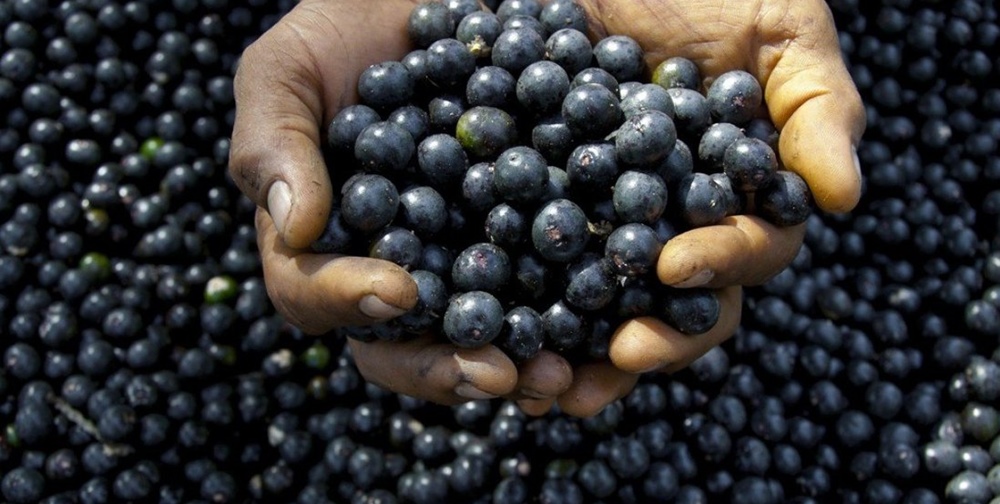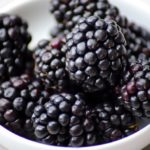Brazilian Acai Berry – Nutrition Benefits, Facts
If you’re at all interested in nutrition then it’s been hard to miss the global fuss over in the past few years. Looking at these cute little blackberries, it’s hard to believe that there’s been such a hue and cry over them, but although they never asked for the limelight, they’ve been thrust to the center of a debate about so-called super-foods and the nutritional value of anti-oxidants which has been raging in newspaper columns and TV interviews across the world. Of course, if you’ve been on holiday to Brazil in the past few decades then you’ll know that for Brazilians, they’ve always been a regular part of a healthy diet and may be wondering what all the fuss is about…

#1 From a Berry Happy Family
Acai is the South American branch of the blueberry and cranberry family – two berries that have always been highly regarded for their nutritional benefits. It grows throughout South and Central America but is particularly widespread in Brazil’s Amazon basin, and it’s Brazil that has become synonymous with Acai. In Brazil, it has been held to be part of a healthy diet for centuries, and for one tribe in the Amazon it actually makes up nearly half their diet!
#2 Anti-Oxidants and AnthroCyanins
The reason Acai has become so famous outside of Brazil is because of the reported health benefits of the fruit. Specifically, it has been suggested that the levels of antioxidants and anthocyanins contained in Acai may offer specific benefits to people with respiratory problems as well as generally improve health. Tests have shown that Acai pulp contains:
- Cyanidin 3-O-Glucoside
- Cyanidin 3-O-Rutinoside
- Orientin
- Taxifolin Deoxyhexose
- Isoveitexin
- Scoparin
- Reveratrol
However, although Acai berries themselves have higher levels of many of these compounds than more familiar berries like raspberries or cranberries, in the commercial products available in the US and Europe, the levels are actually lower than many other fruit juices. The berries unfortunately don’t travel well, so you may have to take a holiday to Brazil to get the very best out of this super-fruit.
There are also many claims regarding Acai’s ability to help you lose weight but recent studies have suggested that although most people will benefit hugely from a diet rich in fruits (and berries, in particular, can be very useful in this regard) there is nothing specific to Acai which helps in the weight loss process. However, neither are they any worse than any other fruit, so they can still form an important part of your weight-loss strategy.
#3 Set the Juice Loose
Many people describe Acai as tasting a bit like dark chocolate, which is probably due to the polyphenols in the berry – they are the same type that appears in cocoa beans. In the same way that dark chocolate can taste a little bitter, Acai doesn’t have the sweetness that you’d find in many other berries, so although they can be eaten as nature intended, in Brazil people will tend to mix Acai into a juice along with other jungle fruits such as guarana or banana, where the Acai adds a richness to the sweetness of other fruits.
This way you are also getting the benefit of the whole, fresh berries so you can be sure that you are getting all the health benefits that Acai can provide. If you can’t stretch to a holiday in Brazil at the moment, then your best bet for the moment is to source some pure (as opposed to blended) Acai juice and make up your own juices or smoothies at home!



























